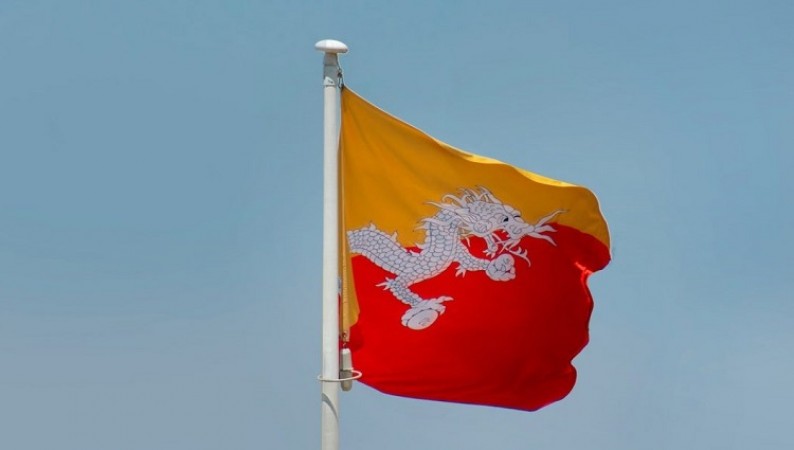
Bhutan recently commenced its concluding phase of national parliamentary elections, marking the formation of the fourth government since the inception of democracy 15 years ago in this Himalayan nation. Economic growth stands out as a pivotal issue in the election discourse.
Renowned for its unique Gross National Happiness (GNH) index, Bhutan measures economic progress by considering elements such as leisure and mental well-being, which conventional GDP measurements often overlook.
Situated between China and India, Bhutan, a predominantly Buddhist country, embraced democracy in 2008 following the first unrestricted vote, occurring two years after former king Jigme Singye Wangchuck relinquished the throne to his son, Jigme Khesar Namgyel Wangchuck, who had received education at Oxford.
The Election Commission of Bhutan announced the commencement of voting at 8 am (0200 GMT), which would continue until 4 pm, with results anticipated by Wednesday.
With a population of fewer than 800,000, roughly comparable in size to Switzerland, Bhutan maintains significant economic and trade ties with India, its primary donor and economic partner. Although lacking formal diplomatic relations with China, Bhutan is engaged in discussions with Beijing to address border disputes, a matter keenly observed by India given its own border disagreements with China. Interestingly, the border issue has not been a central point of discussion during the election campaigns.
Approximately half a million eligible voters will select 47 members of parliament, known as the National Assembly, from a pool of 94 candidates representing two political parties – Bhutan Tendrel Party (BTP) and People’s Democratic Party (PDP). The latter secured victory in the primary round held in November.
Karma, a 49-year-old voter hailing from Punakha near Thimphu, emphasized the pressing need for economic growth among the Bhutanese populace. "Many people are unemployed, and even those who are employed receive inadequate wages to sustain their families' growth," Karma remarked.
Both political parties have presented similar election manifestos, pledging to revitalize the $3 billion economy. Bhutan heavily relies on aid and tourism, which, despite the country's picturesque landscapes and the lifting of pandemic restrictions in September 2022, have yet to witness a full recovery.
Both the BTP and PDP have committed to fostering investment opportunities and bolstering foreign exchange reserves, currently standing at $464.66 million as per the central bank's data in October, a notable decline from $759.16 million a year prior.
Indian Envoy Congratulates Bangladesh PM Sheikh Hasina on Election Victory
One Nation, One Election: Public Invited to Contribute Ideas for Electoral Reforms